All things spirituality, ethereal vocals, and impeccable songwriting; Words of Azia embodies them all. The Ivorian artiste has quickly carved out a space for herself with a discography that, though still growing, is already rich in depth and intention. Each release is an invitation into a world where sound, culture, and spirit flow together seamlessly.
Since her 2024 debut Glory, Azia has woven together affirmations, cultural heritage, and soul-stirring melodies to create work that uplifts and ministers to listeners across languages. Singing in English, French, and Bété, and rooted in resilience and hope, her songs transcend borders, carrying echoes of tradition while embracing global influences. Her visuals, often featuring her family, especially her mother, add another layer of storytelling, grounding her artistry in heritage and community.
In conversation, Azia is as intentional as her art. She speaks of intuition guiding her creative process, of music as a spiritual tool that must be handled with care, and of her pride in carrying her Ivorian traditions forward in a way that feels authentic to her. Above all, she views her artistry not as a pursuit of legacy, but as an act of giving, creating with love, and letting her work resonate in the ways it’s meant to.
I sat down with Words of Azia to talk about her beginnings, her creative process, the role of community and heritage in her work, and her vision for the future.
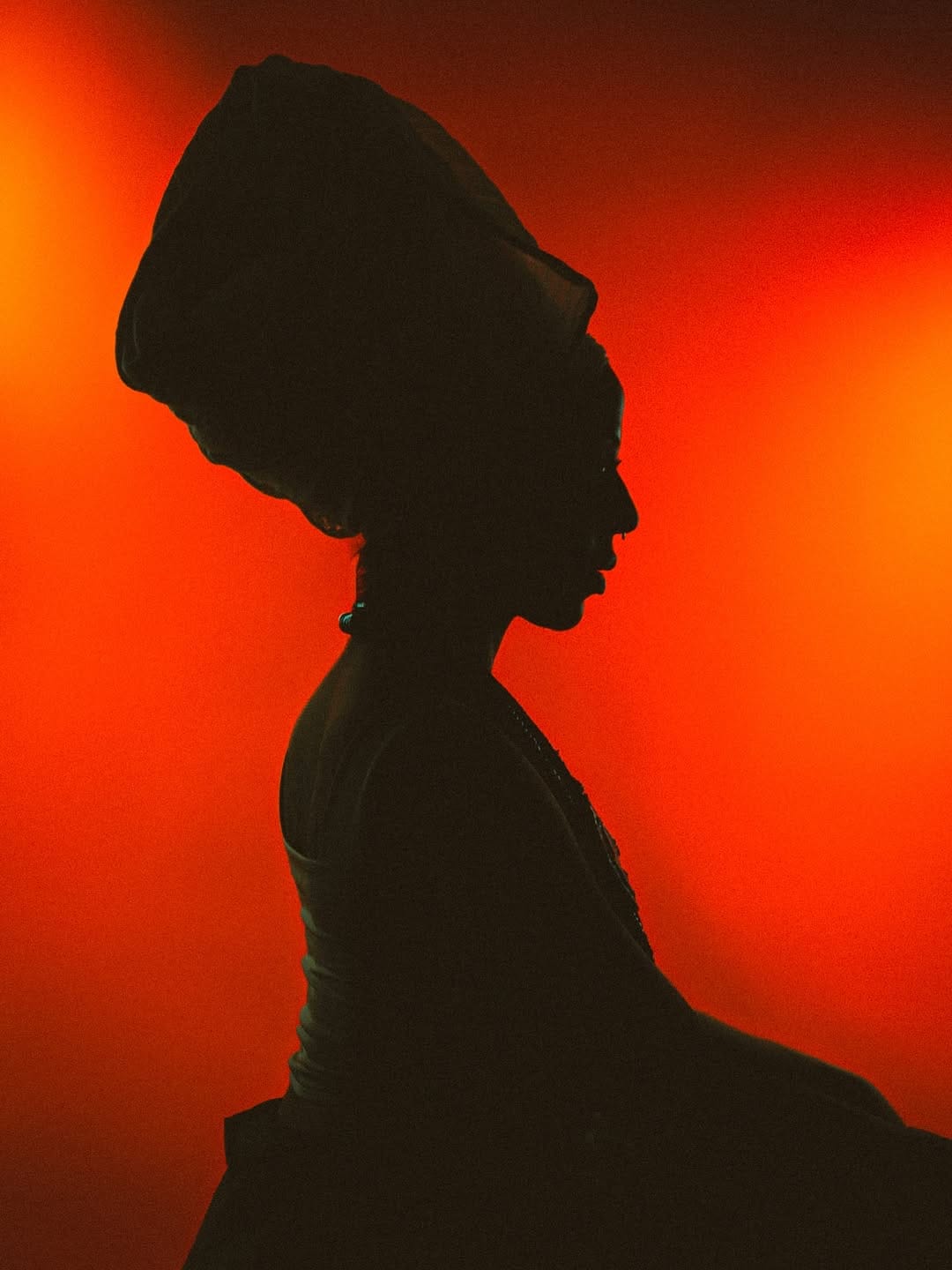
You’re Ivorian, but I’d love to hear in your own words where you came from, how that shaped your music, and what you were like as a child. Were you always into music? What did you want to do growing up?
So my mom is a musician. She released her first album around the time I was born, so from the very beginning, I was surrounded by music. She was always singing; that’s just her nature. My uncles and aunts sang at home too. And my dad is a huge music lover, he has a massive vinyl collection, and has been downloading music for years. I think he has something like 10,000 or 20,000 albums on his computer.
So I really grew up in a warm, musical environment. Naturally, I started singing when I was very young. Whenever people at school asked what I wanted to do when I grew up, my answer was always singing. At first, I actually thought I’d become an opera singer, what we call “lyric” singing in French. Women in my family tend to have deep voices, and so do I, but eventually I moved away from that idea.
When I was about 10, I told my family I wanted to learn an instrument to accompany my singing. My father encouraged me to learn guitar from one of his friends, and that’s how I started playing. Music has always been part of my life, even if I wasn’t always serious about it at first.
As I got older, I considered other paths, studying history with a focus on Sub-Saharan African Studies at a university in Paris, for example. But music never left me. Eventually, I realised I needed to put it at the centre of my life to feel fulfilled and happy. That’s really how the journey of Words of Azia began.
Got it. So you grew up between your Ivorian roots, Paris, and, really, a global world in general. How would you say those different environments and experiences have influenced you and your music today?
I would say the music that I do is very hybrid, if that makes sense. It’s not like I’m just taking a heritage and staying in the same lane; I transform it. And the reason I transform it is because I am plural, because of the different environments I’ve been in, all the travels I’ve done, and the people who have surrounded me as well.
Also, the fact that my dad is from another country than my mom, and that I’ve been between the Ivory Coast and France, it all shaped me. So my music feels like an alternative version of the heritage I received. That’s why I define my music now as world music. I have different influences from different places, and I build them together around this big root that is my Ivorian heritage. That’s the one I’m most connected to, especially because I’m very close to my mother and my family in the Ivory Coast.
So that’s the biggest root, and then it’s fed with other elements around it, which makes it alternative and gives it a different colour.
Azia and her mum. Filmed by Iyad Bgx
That makes sense. I know your artistry comes with a lot of intentionality; there are details in everything you do. I’d love to know how you choose those details, whether in your visuals or your songwriting. What does your creative process look like from the initial inspiration to the final visuals?
Honestly, I work very instinctively—intuitively, really. Usually, when I write music, I just start with a guitar and let the words flow. Later, I’ll go back and rework it, but in the beginning, I just let it happen. I don’t want to put too much control on the creative process, because for me it’s important to be in tune with who I am. If I let myself express things naturally, then the music is closer to who I really am.
It’s the same with my visuals. Everything I do is about trying not to be shaped by anything outside of myself, not by what people think I should sound like or what they want me to do. I try to stay focused on my love for music and the passion I have for it.
The more I stay true to what I feel, what I imagine, what comes into my mind, the more I enjoy the final result, whether that’s the song itself or the artwork around it. Once a song is done, ideas about visuals or outfits just start coming to me, and I let them flow, like water.
For me, if an idea comes into my head, it’s because it’s meant to be realized in that way. If I imagined it, then God put it there, and that means I have to bring it to life like that. So I try to keep the whole process as natural as possible.
Why does visual storytelling play such a big role in your art and your music?
I’d say it actually plays a bigger role for other people than it does for me. People often tell me I have a strong visual identity, but for me, it just comes naturally. When I create, I see images in my head. I also imagine how I want to present myself, so I just share that.
It’s another part of my creativity. For example, with clothes, I often imagine what I want to wear, then I’ll sketch it out and work with people to bring it to life. Same with jewelry, makeup, everything. The way I imagine it is very 360. For me, it’s all part of the artistry, part of my creative journey.
It goes hand in hand with the music. But I don’t create visuals with the intention of, “Okay, this has to impact people in this way.” It’s the same as when I create music; I just follow the ideas that pop into my head.
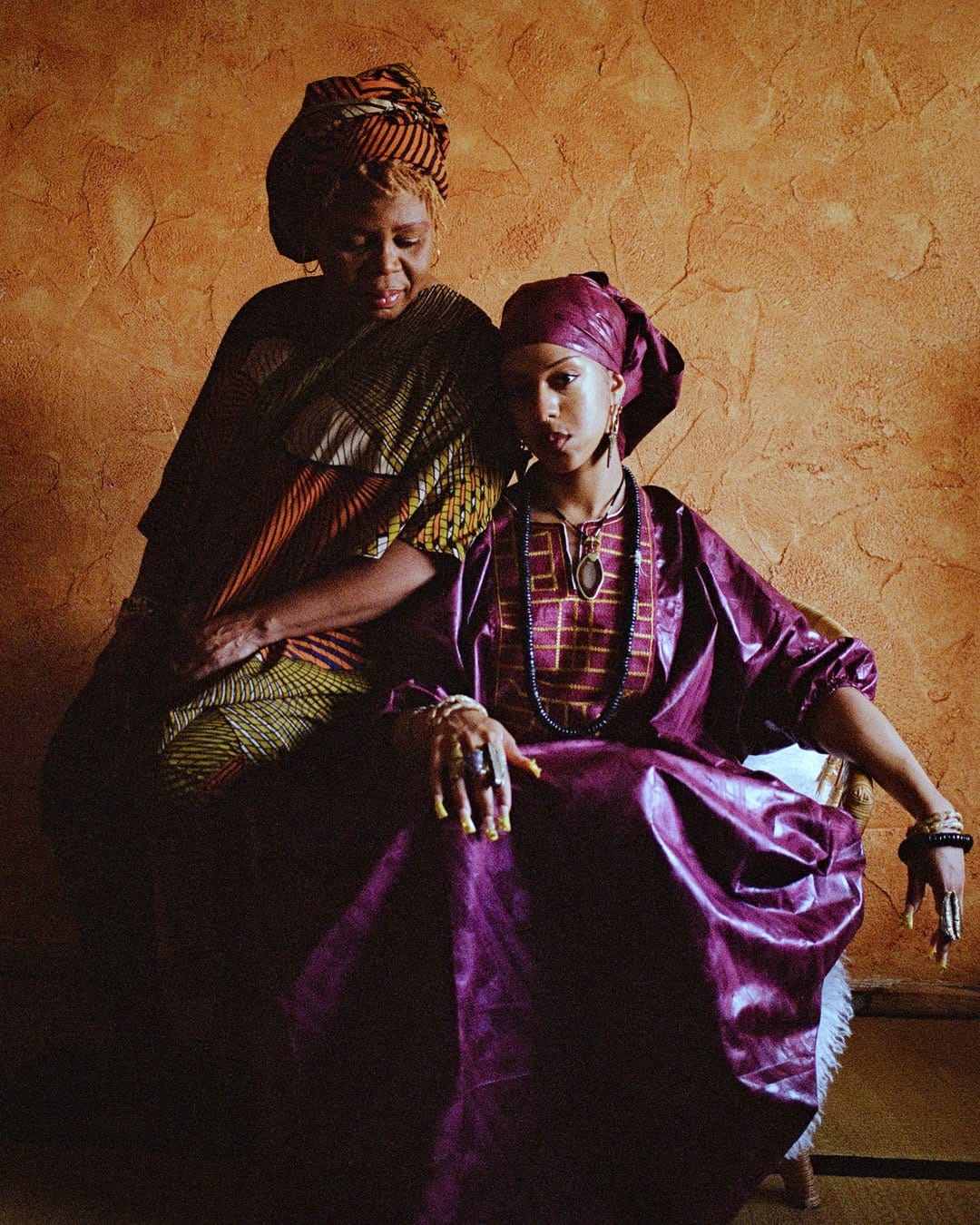
Thank you for sharing that. You mentioned what your visuals mean to people, and the same is true for your music. Listeners often describe it as something that ministers to them. But you also sing in different languages: English, French, and Bété. How do you create that kind of connection beyond language? And how do you decide which language to use for each song or part of a song?
With languages, I’d say that part is a little more intentional than the rest of my creative process. When I first started Words of Azia, I already knew I wanted to sing in English; that was the first idea I had.
But with Bété, it happened differently. My mom speaks Bété, and I realized at some point that if I didn’t try to learn her language, one day, when she’s no longer here, I wouldn’t be able to pass it on to my children. It would just disappear with me. That really hit me.
So I asked my mom to teach me words and sentences. I would send her things I wanted to say, and she’d translate them. That’s how we started. One day, I asked her to say something in Bété because I wanted to add it to my song Glory. She sent me a WhatsApp voice note of her singing, and that actually inspired another song, Lagô.
It all came very naturally, like the flow of water I mentioned before. I didn’t plan to sing in Bété, but it made sense when it happened. It also created a new way for me to connect with my mom, and from there, we started to collaborate more. That’s how it unfolded.
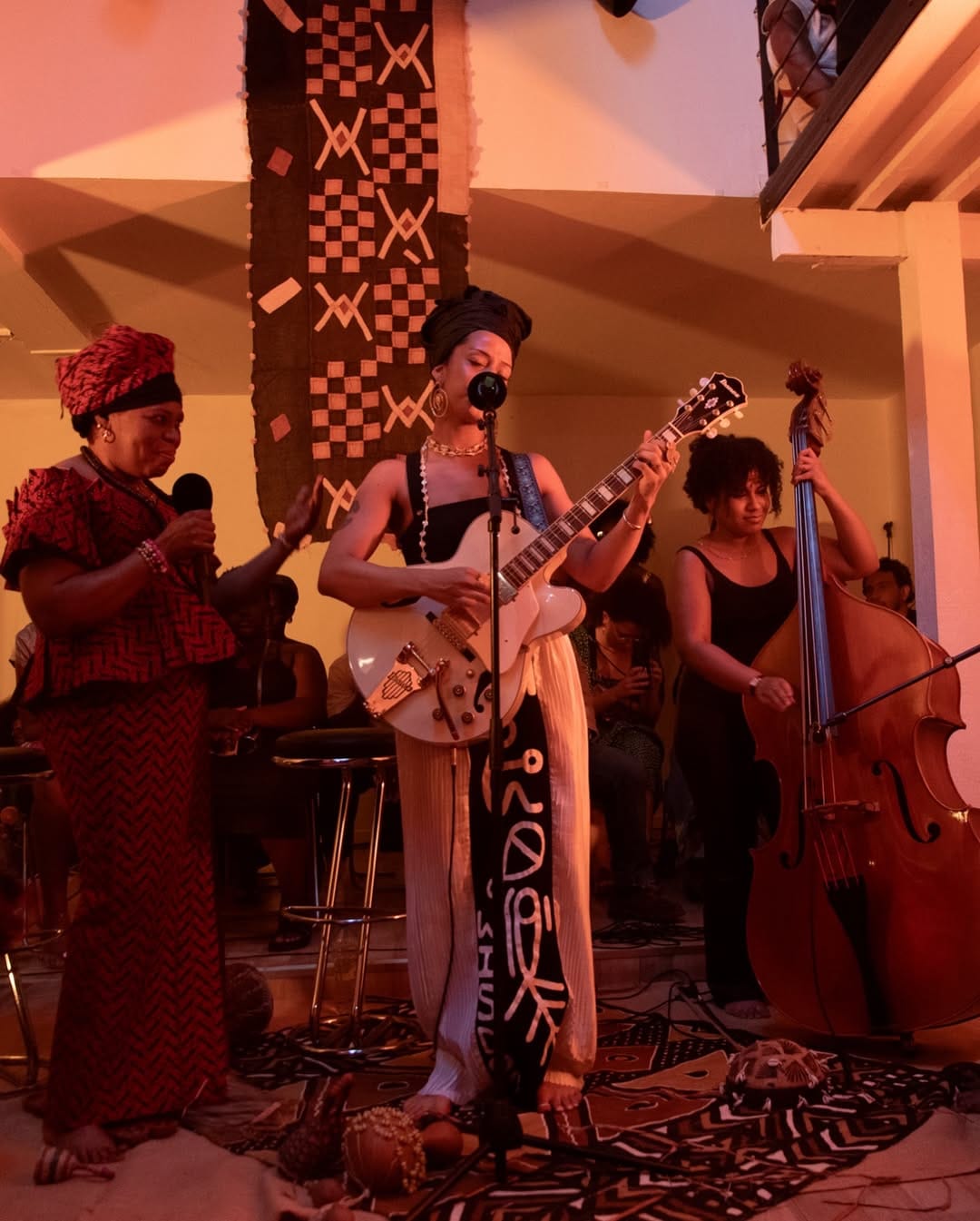
I love that. Speaking of your mom, I mentioned earlier that community is a big part of what we do here. In your songs and visuals, you often feature your family and your community. What does that mean to you? How do the people closest to you, your friends and family, influence you as a creative?
For me, you can’t do anything by yourself. Words of Azia wouldn’t be the same if it were just me. On so many levels, visuals, music, everything, there are people adding their vision, their flavour, their spice to the mix. That’s why I showcase them, and why I’m so grateful.
The people I work with are also people I love. They’re part of my life outside of music. For example, the people who shoot my visuals—Tania and Litsy—are very close friends of mine. We were friends before we ever worked together.
It’s the same with my mom. She’s one of the closest people to me in the world, and I get to create with her, too. That keeps me grounded. These people influence me, in my colors, in the way I approach music. So for me, I have to showcase them.
I love how your community, your friends, and your family are such an integral part of your creative journey. And speaking of community, your music and visuals are deeply rooted in your Ivorian heritage, but also mixed with other influences. Why is it important for you to preserve and showcase those traditions, even through things like fashion and words?
It's always about making sure my heritage doesn’t disappear. I felt like, if I don’t carry it with me, it could be lost. So in a way, I’m just doing my part, trying to maintain our tradition and culture, but in a way that’s different, because my story isn’t the same as my mom’s or my grandmother’s.
It also comes from a personal place. As an individual, I want to hold onto that heritage within myself. And there’s definitely pride in it. I’m very proud of where I come from, very proud of the traditions. They’re things I love and cherish. So I’m happy to share them with the world, and I’m happy to wear them with pride, if that makes sense.
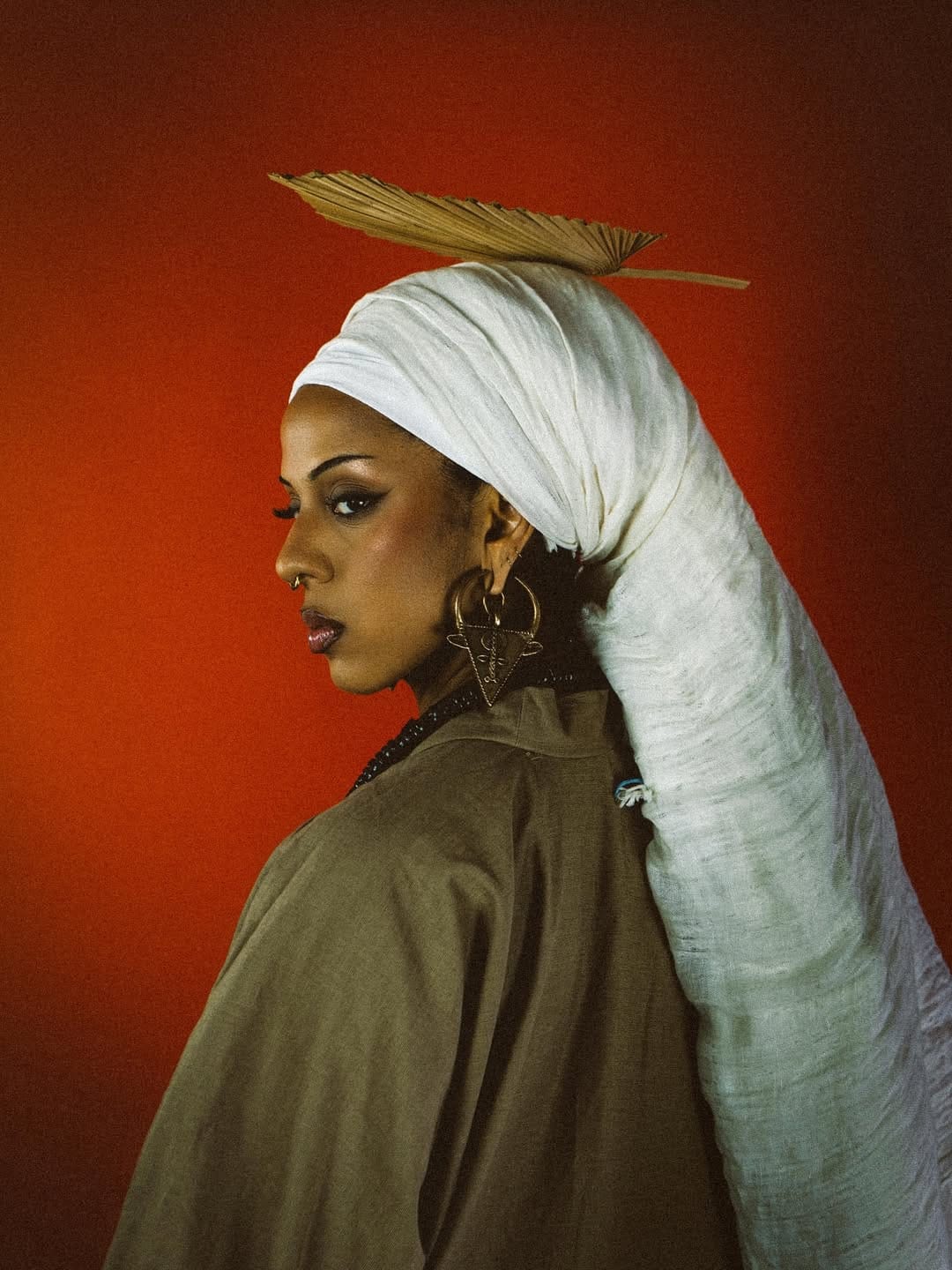
It does. You’ve also mentioned that many of your songs carry recurring themes: affirmations, light, resilience, and hope. What do those themes mean to you personally? How do you connect them to your own life?
When I write music, the meaning is really important. I don’t want people to feel bad when they listen to my songs. I want the impact to be positive, I want them to feel at peace, to feel some kind of relief. That’s why I write about spirituality, resilience, and hope, because that’s what I want to give directly to people.
For example, when I was writing my song Oyè wossô, I wasn’t in a good place personally. But in my head, I imagined myself speaking to someone else, telling them, “There is a light inside you, and everyone can see it.” That’s the way I approach creating: by sending that kind of message.
And also, for me, when I write and sing, I need to feel good about the music myself. That’s why I don’t really share songs that are very sad or heavy, because if I sing them, I wouldn’t feel uplifted either. Music has to bring my spirit higher.
I also believe music is a powerful spiritual tool, so you need to be very careful with it, careful with what you put into it, and with the intentions behind it. That’s where I stand on that.
Thank you for sharing. And it really does come across. Your music is uplifting.
Ah, I’m glad, I’m glad.
My last question, looking ahead, what kind of legacy, cultural or musical, do you hope to leave behind?
Honestly, I don’t really think about legacy in that way. I create with intention, but I try not to focus on the results. If my music touches people, inspires them to feel more rooted, more connected to themselves, or even to learn their language, I’m very happy and proud. But for me, it’s more about giving. I create with love and patience, and then I let it go, to resonate however it will with people.
I can’t really project myself as if I have power over people. I’m just a person creating. If it has an impact, if it leaves something behind, that’s beautiful, but it’s not where my mind is when I’m making music.
I get that. Thank you. Any collaborations or projects you’re hoping to explore in the future?
Honestly, what I want most right now is to perform. To do more live shows, and to be able to create something really big and special for people with different elements, a real experience. That’s where my focus is for the coming year.
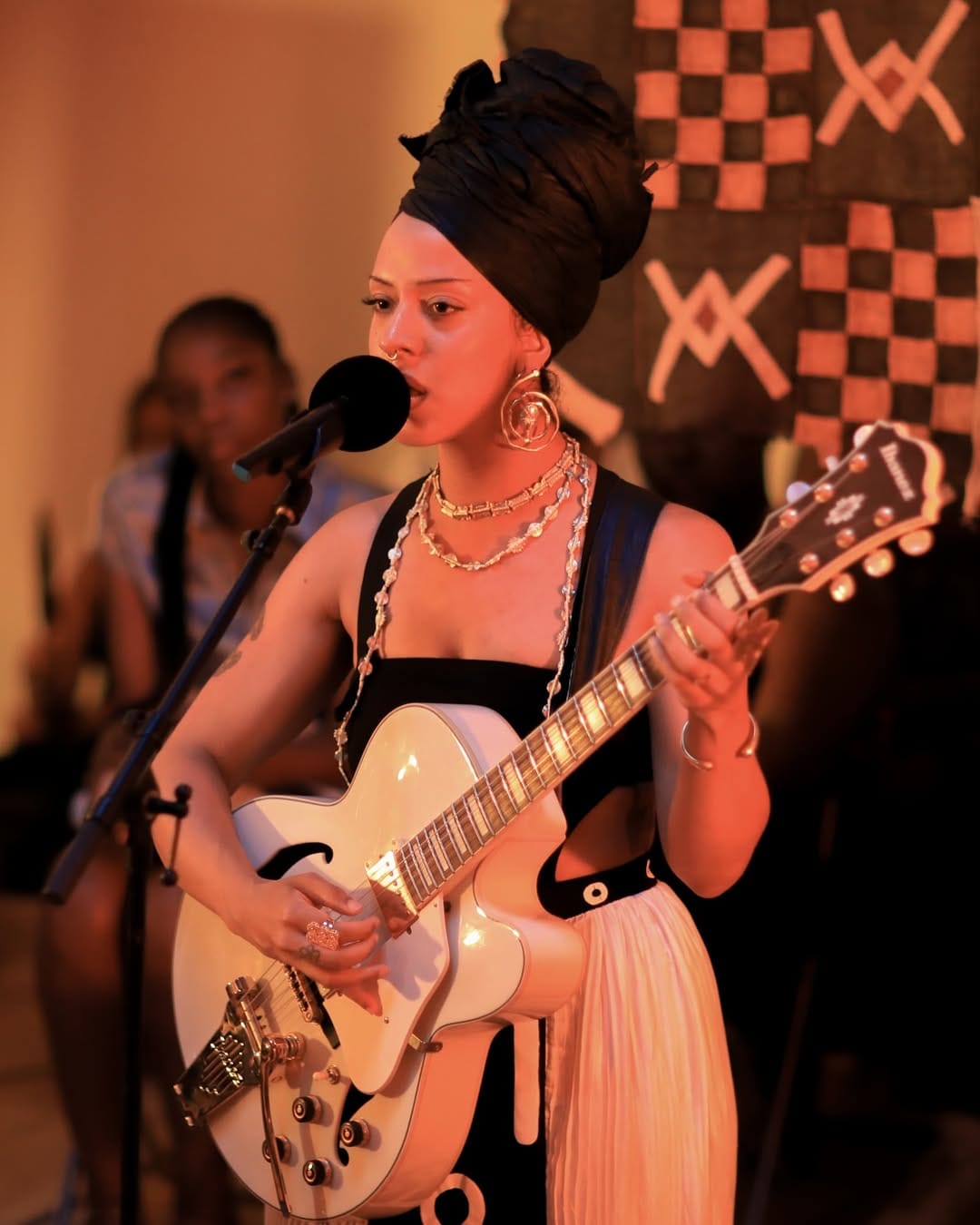
That sounds very exciting. I can’t wait to see you perform. Thank you so much.
Images via Words of Azia

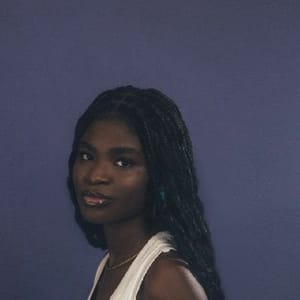
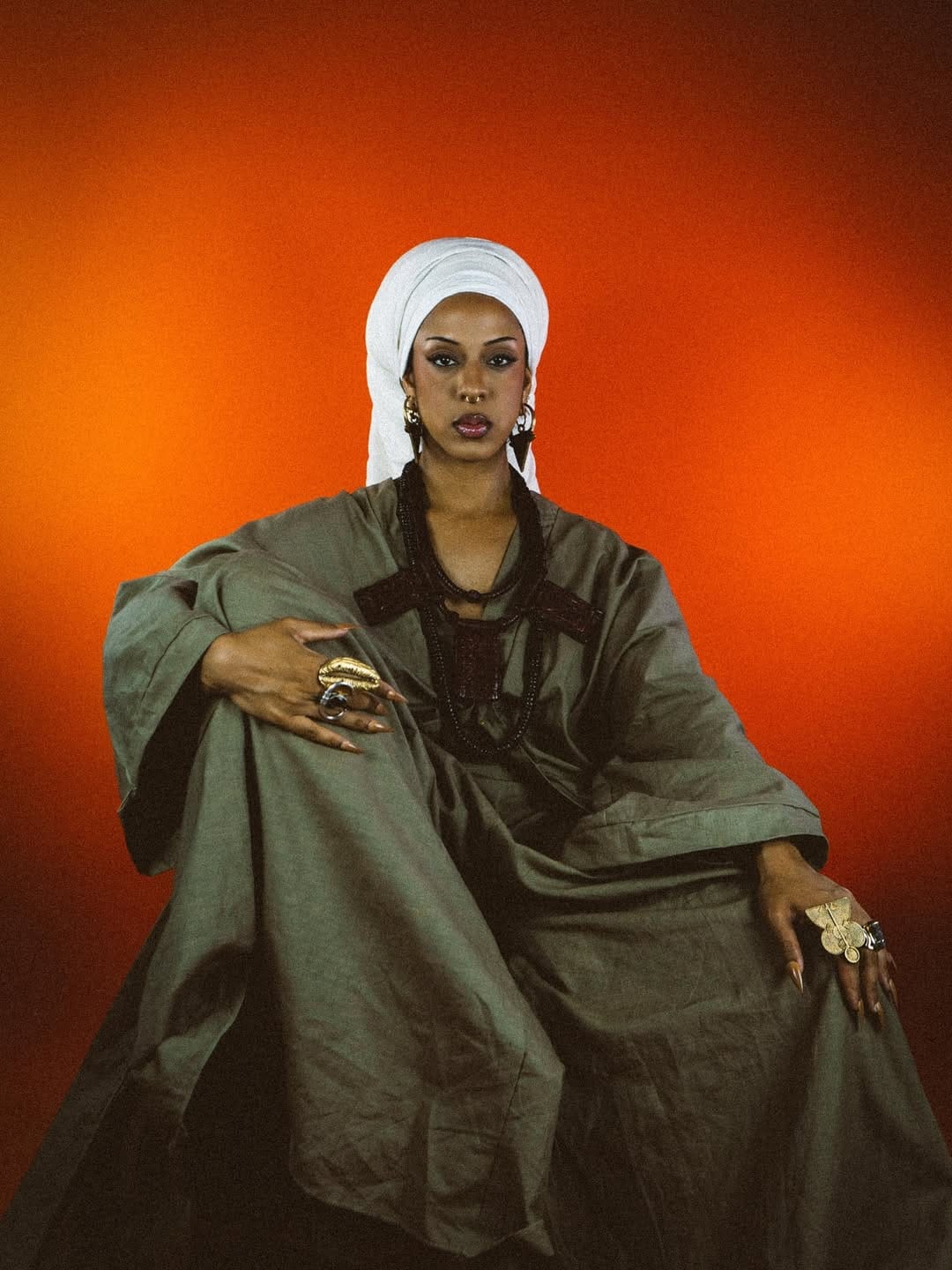

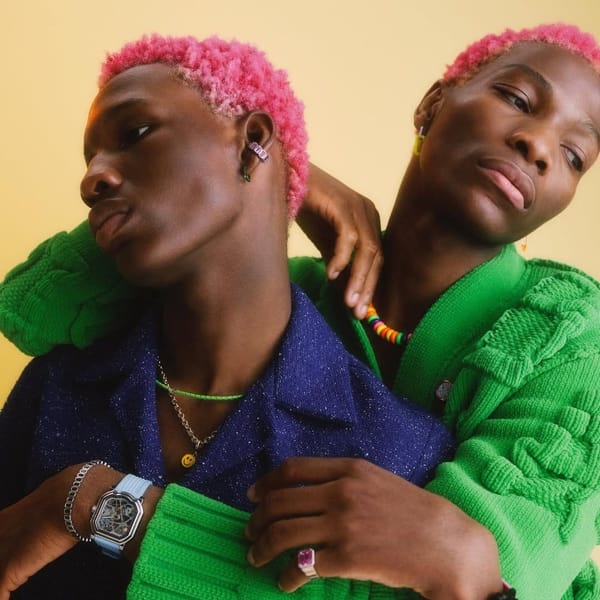
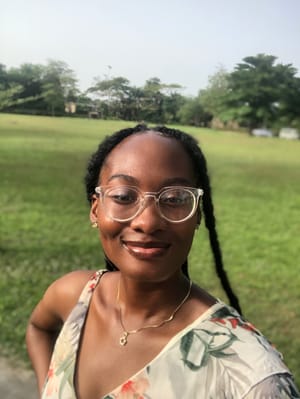
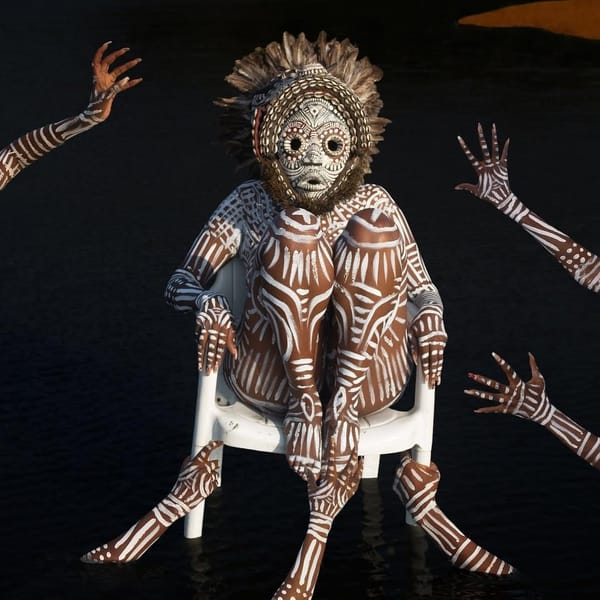
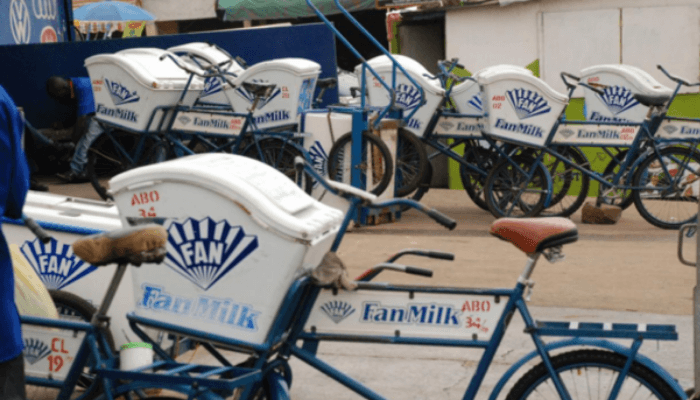
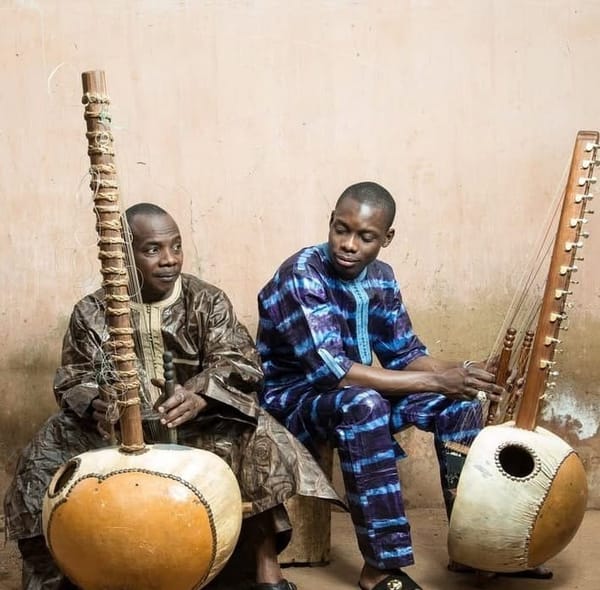
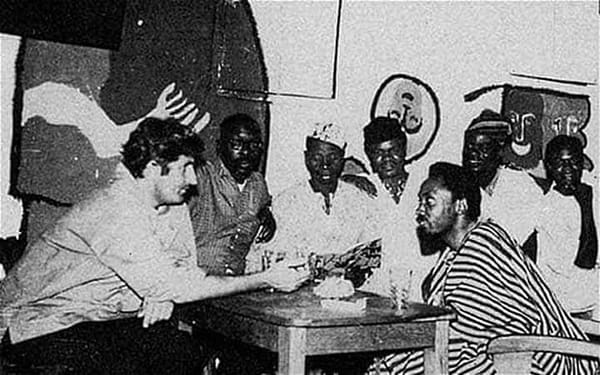
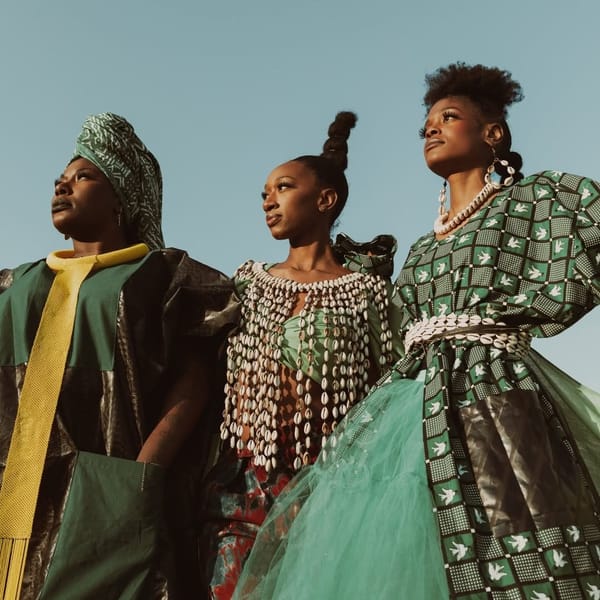
Member discussion